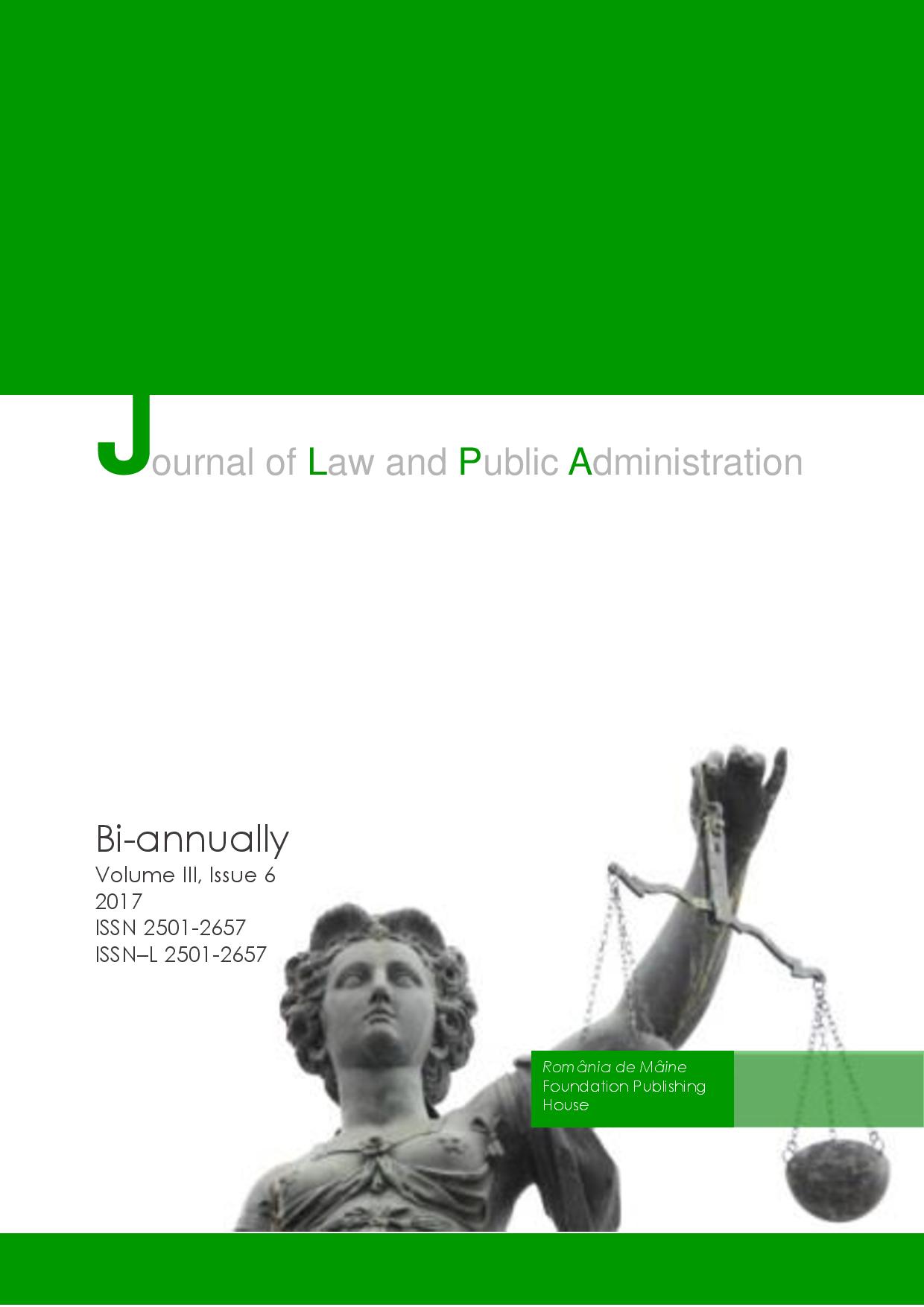The Primary Role of National Courts in the Implementation of the European Convention on Human Rights
The Primary Role of National Courts in the Implementation of the European Convention on Human Rights
Author(s): Bogdan GhidirmicSubject(s): Law, Constitution, Jurisprudence
Published by: Editura Fundaţiei România de Mâine
Keywords: European Convention on Human Rights; European Court of Human Rights; subsidiarity; margin of appreciation; domestic remedies; national courts
Summary/Abstract: The European Convention on Human Rights was conceived in the middle of last century as a multilateral treaty for the collective protection of “certain of the rights” stated in the Universal Declaration. However, the Convention system was never intended to be a long-term substitute for national mechanisms safeguarding human rights. On the contrary, the Convention laid emphasis on the general obligations of the High Contracting Parties: an obligation to secure Convention rights and freedoms to everyone within their jurisdiction; a duty to develop judicial remedies against violations of human rights; and, in particular, an undertaking to comply with the judgments delivered by the European Court of Human Rights.All these duties are addressed, both in theory and practice, to all three branches of power: legislative, executive and judicial. However, as primary custodian of rights and liberties, the national judge must take the leading role in the fulfilment of these obligations.
Journal: Journal of Law and Public Administration
- Issue Year: III/2017
- Issue No: 6
- Page Range: 87-94
- Page Count: 8
- Language: English

